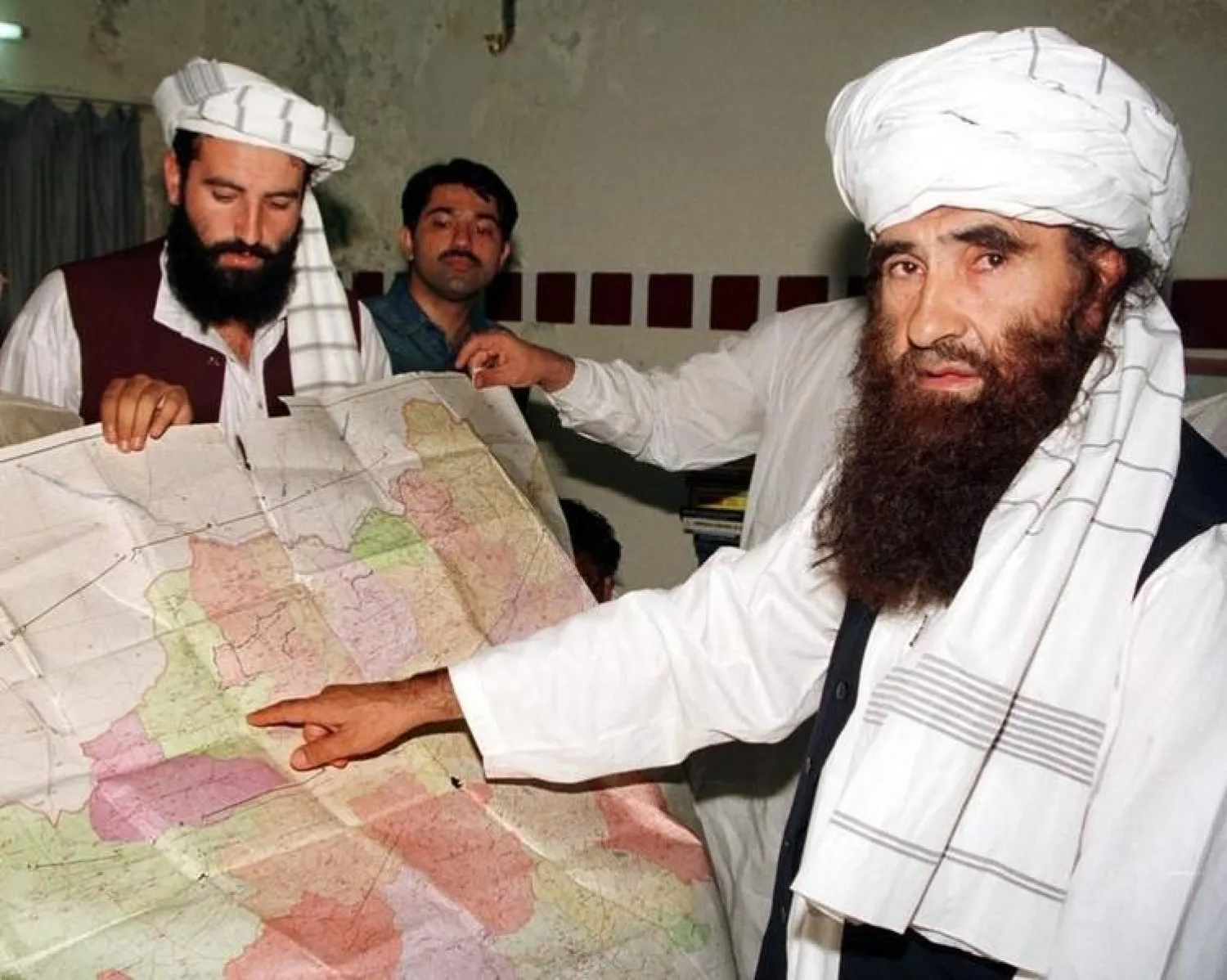US administration categorized two Haqqani network leaders, Jalaluddin Haqqani and his son Sirajuddin, as "valuable targets" in its war on terrorism in the region.
The US administration also informed the Pakistani government, through informal channels, that its forces could carry out a military operation inside Pakistani territory.
US Department of Defense is considering its options in Pakistan, while Pakistani political officials called on their government on Friday to take retaliatory measures if Washington suspends its aid to Islamabad.
Opposition leader Imran Khan said it was time for Pakistan to "de-link" from the United States and to run down the US diplomatic and intelligence presence in the country.
Pakistani officials told Asharq Al-Awsat that the Pakistani government fears that the military operation would take the form of strikes using drone or raids by commando forces on Pakistan's tribal areas.
In such a climate of political tension between Pakistan and US, Islamabad will not accept the "violation" of its territory by US troops stationed in Afghanistan.
Since the beginning of the political tension, Pakistani leaders confirmed they will take all necessary measures to ensure Pakistan's security.
Sources in Islamabad informed Asharq Al-Awsat that the US administration informed the Pakistani government of its request to kill or arrest the leaders of the Haqqani network in the border area near Afghanistan.
Although the US demand to arrest network leaders is not the first of its kind, this time the demand is more persistent.
Washington accuses Islamabad of providing safe haven to the Haqqani network in the tribal region, which Pakistani officials deny.
In 2014, the Pakistani army entered the North Waziristan region, a Haqqani network stronghold, and announced that it had carried out large-scale operations against all armed groups, including the network.
However, the US administration is concerned about the connection between Pakistan and the Haqqani network. These fears were reinforced when Pakistani officials arranged a meeting between some Haqqani leaders and US diplomats in Islamabad in 2012.
Experts said Pakistan-US relations have reached a critical point following President Donald Trump's tweet, in which he accused the Pakistani government of lying and deception.
The Haqqani network is the most brutal armed group inside Pakistani territory, especially given its links to Afghanistan Taliban.
Pakistani officials said they feared that US forces could launch an air strike inside Pakistani territory against the network.
In a statement to Asharq Al-Awsat, Pakistani officials ruled out the possibility of the group executing operations from within Pakistani territory.
Experts believe the Pakistani government now has no choice but to respond militarily to any US military operations inside its territory, especially given the tense atmosphere sparked by Trump’s tweet.
Some local leaders advised the Pakistani government to try and prevent further tension in relations.
Officials noted that the coming days may witness a revival of military talks between the two countries, but this possibility could disappear if the United States launched a military strike inside Pakistani territory.
Meanwhile, Agence France Presse reported that the Pentagon is discussing options to provide its troops in Afghanistan with needed equipment in case they were subject to “retaliatory” operations from Pakistan following threats to freeze US aid to Islamabad.
On Friday, United States said it could suspend its $2 billion in aid, claiming that Pakistan is “soft” on groups such as the Taliban or its allies in the Haqqani network.
Washington worries that Pakistan would close its border and the port of Karachi, saying it would prevent supplies from reaching US troops, similar to what happened in 2011.
At the time, Islamabad responded to a series of diplomatic incidents with Washington, especially the secret US operation that killed Osama bin Laden in Abbottabad, Pakistani.
US-led NATO forces were forced to use an air base in Kyrgyzstan and a road route through Russia, Central Asia and the Caucasus, which is longer and more expensive.
US officials announced they have set up a "flexible and orderly" network to transport food, goods and equipment.
Defense Secretary James Mattis also said he was "not worried" about any possible disruption of reinforcement operations.
A Pentagon official said that one of the options available is to use commercial flights, however he told AFP that the question is how long the US can fund these additional costs.









